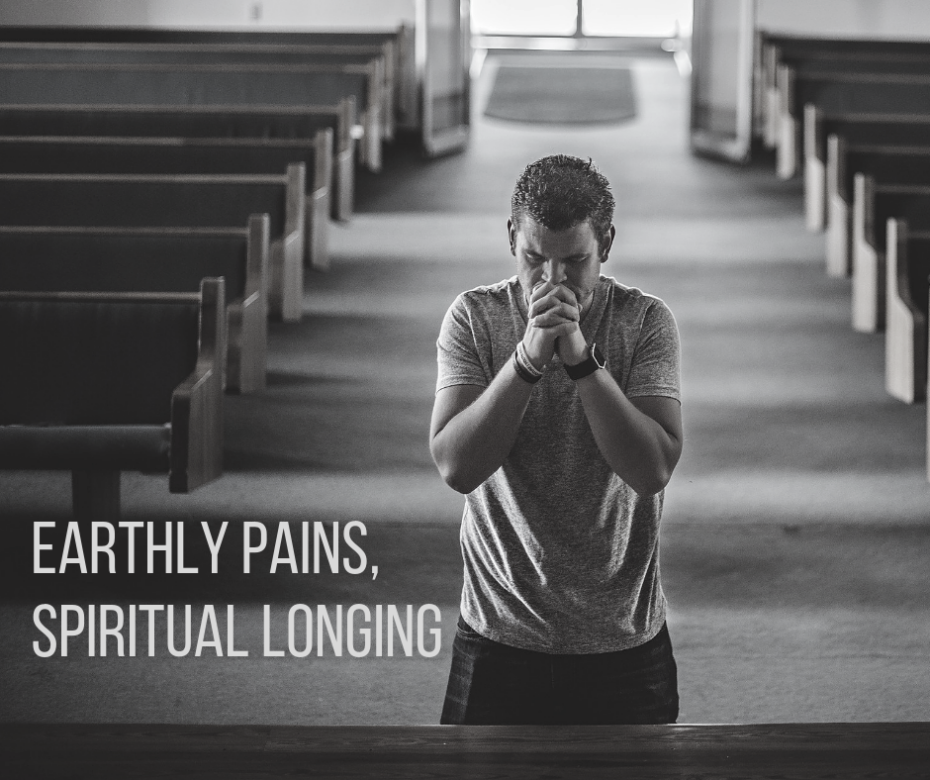Job was extremely religious, extremely pious, and extremely good. Even God said,
“Have you considered My servant Job, that there is none like him on the earth, a blameless and upright man, one who fears God and shuns evil?” (Job 1:8).
But being blameless and upright doesn’t mean you know all there is to know about God and the world. It doesn’t mean you don’t have room to grow.
In fact, through his suffering, Job’s faith grew.
At first, Job was resigned to suffer:
“Naked I came from my mother’s womb,
And naked shall I return there.
The Lord gave, and the Lord has taken away;
Blessed be the name of the Lord” (Job 1:21).
(Notice, Job was wrong. The Lord had not taken anything away from him; Satan had.)
But as Job continued to suffer, he began to wonder what was going on:
Have I sinned?
What have I done to You, O watcher of men?
Why have You set me as Your target,
So that I am a burden to myself? (Job 7:20).
Like his friends, Job has a legalistic worldview of punishment and reward—so he wondered why he was being punished (as we know, he wasn’t!).
Job did not receive an answer. So he wanted to sue God. That’s right! Job wanted to take God to court to prove his innocence:
Yet I prefer to speak to the Almighty and argue my case before God (Job 13:3 HCSB).
But he didn’t think he would get a hearing.
“How then can I answer Him
or choose my arguments against Him?
Even if I were in the right, I could not answer.
I could only beg my Judge for mercy.
If I summoned Him and He answered me,
I do not believe He would pay attention to what I said” (Job 9:14-16 HCSB).
As he continued to suffer, Job’s hope began to change. At first, he hoped he’d win his suit against God. Then he began to hope for a mediator. He wished there was someone who could make a case for him:
For He is not a man like me, that I can answer Him,
that we can take each other to court.
There is no one to judge between us,
to lay his hand on both of us.
Let Him take His rod away from me
so His terror will no longer frighten me (Job 9:32-34 HCSB).
As you make your way through the speeches, you see that Job’s theology begins to change and to mature. He begins to express a different kind of hope. He doesn’t hope in an air-tight system of reward and punishment, as do Eliphaz, Bildad, and Zophar. And he doesn’t hope to win his case against God. He doesn’t hope in this world. Instead, he expresses faith—not just hope—that one day, after he has died and put this suffering world behind him, he will be resurrected by his Redeemer:
For I know that my Redeemer lives,
And He shall stand at last on the earth;
And after my skin is destroyed, this I know,
That in my flesh I shall see God,
Whom I shall see for myself,
And my eyes shall behold, and not another.
How my heart yearns within me! (Job 19:25-27)
By the end, suffering taught Job to yearn for the appearance of his Redeemer. Earthly pains gave birth to spiritual longing.


